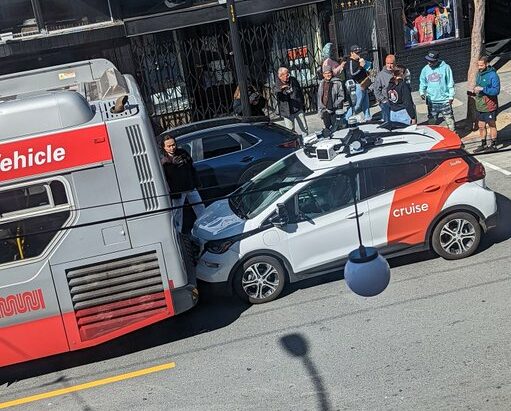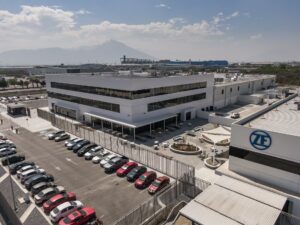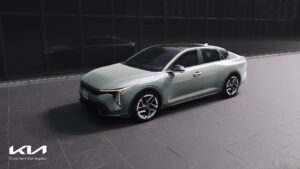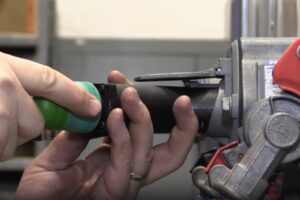SAN FRANCISCO – General Motors’ Cruise self-driving division has voluntarily recalled 300 vehicles following a March 23, 2023, accident involving one of its cars and a San Francisco Municipal Transit Authority (“MUNI”) bus.
The Cruise vehicle was unoccupied at the time of the crash into the articulated bus, which was just leaving a position along a curb.
The company immediately conducted an investigation of the incident, determined an Automated Driving System (ADS) fault at the root of the problem and two days after the crash, issued a software update to fix the problem.
Cruise operates autonomous taxis in San Francisco and autonomous delivery services in Arizona. It has been involved in other incidents involving hard braking resulting in injuries and crashes of its taxis also resulting in injuries, both times attributing the incidents to software faults
According to the Equipment Recall Report filed with the National Highway Traffic Safety Administration about the latest issue, “In certain rare circumstances, the Cruise ADS operating with the Subject ADS Software could inaccurately predict the movement of “articulated” vehicles. This issue could occur when (a) the ADS perceived both the front section and rear section of an articulated vehicle initially; (b) the articulated vehicle then maneuvered in such a manner that the rear section of the vehicle fully obstructed the front section of the vehicle; and (c) the articulated vehicle then decelerated close to the AV within a few seconds of the front section becoming obstructed. In such a circumstance, the ADS could inaccurately determine that the obstructed front section of the vehicle was continuing to move forward, and that the rear section of the vehicle would continue to move forward with the front section, even if the vehicle was decelerating.
This issue resulted in a single collision on March 23, 2023, in which a Cruise AV inaccurately predicted the movement of an articulated San Francisco Municipal Transit Authority (“MUNI”) bus. In this incident, the ADS initially perceived both sections of the bus as the bus was pulling out of a bus stop in front of the AV. As the bus proceeded forward into the AV’s lane of travel, the rear section of the bus obstructed the front section. Shortly thereafter, the bus began decelerating. The ADS inaccurately determined that the bus was continuing to move forward in traffic based on the anticipated behavior of the front section of the bus, which was by then obstructed, and the ADS commanded the AV to begin decelerating too late to avoid a rear-end collision with the bus.”
The company has never sold its vehicles to third parties. It has updated the ADS in its vehicles to rectify this problem.
Kyle Vogt, Cruise founder and chief executive officer, described the company’s reaction as quick and decisive in a blog on its website.
“The process we followed in this case is just one example of our commitment to safety and our ability to rapidly diagnose, react to, and remedy any issues we may encounter,” he wrote. “We will undoubtedly continue to discover ways in which we can improve, even if that involves changing software that is currently deployed in the field. We think any potential improvement to roadway safety is worthwhile, and we will approach it with the same level of rigor as we’ve demonstrated here. These continuous improvements are likely to make voluntary recalls commonplace. We believe this is one of the great benefits of autonomous vehicles compared to human drivers; our entire fleet of AVs is able to rapidly improve, and we are able to carefully monitor that progress over time.”








